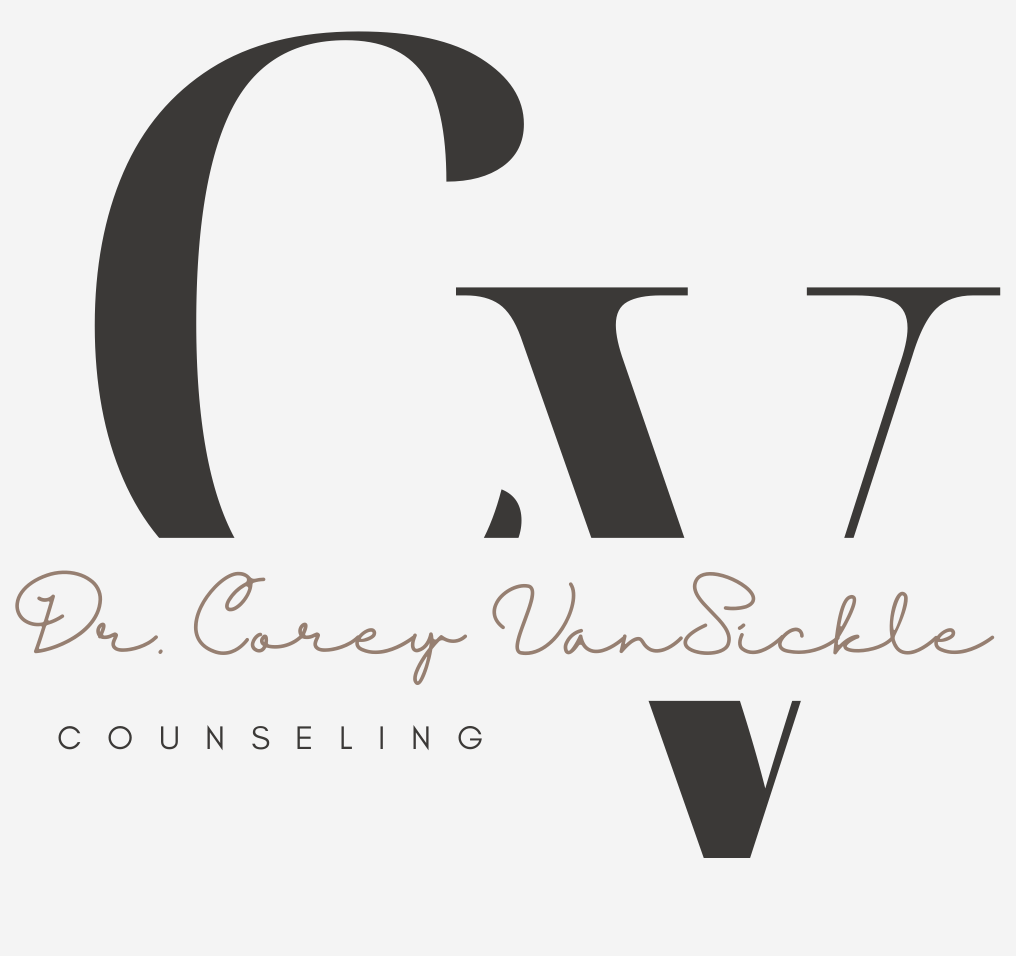Life Transitions
Life is a journey marked by change—whether it’s starting a new career, ending a relationship, becoming a parent, or stepping into retirement, transitions can be both exciting and challenging. My practice is committed to helping individuals navigate these significant changes with resilience, clarity, and a renewed sense of purpose.
Transitions are not merely events on a timeline; they are profound shifts that can reshape our identities, relationships, and futures. During these times, it’s common to experience a mixture of excitement and anxiety. Understanding and managing these emotions is key to transforming change into growth. Here’s why I believe focusing on life transitions is so important:
- Embracing Change: Learning to navigate transitions can empower you to see change as an opportunity rather than a setback.
- Building Resilience: Transitions test our adaptability, and working through them can strengthen our emotional and psychological resilience.
- Rediscovering Yourself: Major life changes often prompt us to reevaluate our goals, values, and identity, opening the door to self-discovery and growth.
- Enhancing Well-Being: Successfully managing transitions can reduce stress and improve overall well-being, setting the stage for a healthier, more fulfilling life.

Real-Life Transformations
Over the years, I’ve had the privilege of witnessing remarkable transformations in clients navigating life transitions. Whether it’s someone reinventing their career path, recovering from a significant loss, or stepping confidently into a new chapter of life, each story reinforces my commitment to this work. These journeys serve as a powerful reminder that while transitions can be challenging, they also offer incredible opportunities for growth and renewal.
Specializing in counseling for life transitions is more than just a professional focus—it’s a passion and a calling. I understand that change can feel daunting, but it also holds the promise of new beginnings. My goal is to walk alongside you during these pivotal moments, offering guidance, empathy, and practical tools to help you not only survive but thrive.
If you’re currently facing a major life transition or simply need support in navigating change, I invite you to reach out. Let’s work together to transform challenges into stepping-stones toward a more fulfilling future.
My Counseling Approach
Each person’s journey through change is unique, which is why my counseling approach is tailored to your individual needs. Here’s how I help clients navigate life transitions:
Creating a Safe and Supportive Space
The first step in any transition is acknowledging your feelings and concerns. In our sessions, I strive to create an environment where you feel safe to explore your thoughts and emotions without judgment. This supportive space is essential for building trust and fostering open communication.
Exploring Your Narrative
Every transition comes with a story—a narrative about who you are and who you aspire to be. Together, we’ll explore your current narrative, identify any limiting beliefs, and work to rewrite your story in a way that aligns with your future goals. This process helps you gain perspective on the changes you’re experiencing.
Developing Practical Strategies
Change can be overwhelming, so it’s important to have a roadmap. I collaborate with you to create practical strategies that address the various aspects of your transition. These strategies might include:
- Goal Setting: Identifying short- and long-term objectives to guide your journey.
- Stress Management Techniques: Learning mindfulness, relaxation exercises, or other methods to manage stress.
- Problem-Solving Skills: Equipping you with tools to tackle obstacles and make informed decisions.
Building Resilience Through Self-Care
A key component of managing life transitions is ensuring you’re taking care of yourself along the way. We focus on developing a personalized self-care plan that prioritizes your mental, emotional, and physical health. This could involve everything from establishing healthy routines to seeking support from friends, family, or community resources.

